 Features
Features
The A-Z Of Techno
Welcome to the future
In the mid 80s Detroit was suffering from huge economic decline. During this time it was nicknamed the “murder capital of America”, crime and poverty were rife, much of the middle class population had abandoned the city and parts of the urban sprawl was literally crumbling away. From this stark environment came techno music, a soundtrack to the future – perhaps a brighter future – envisaged by Juan Atkins and his friends.
The music evolved from early electro influences, with some of Atkins’ early recordings as Cybotron focused on a distinct aesthetic with Afrika rooted in pioneering tracks such as 'Planet Rock'. With the iconic radio host The Electrifying Mojo providing a myriad of alternative music on his show, influences from acts like Kraftwerk and Depeche Mode also merged with Atkins’ ideas and techno began to come to fruition.
The sound as we know it today may feel several times removed from those early productions, but the notion of soundtracking the future remains intrinsic to many techno producers' output. Techno has seen a few ups and downs since it first came into being in the late eighties – today it is one of most popular forms of electronic music. In light of this we present an A-Z history of the music that spawned superstars like Sven Väth, Nina Kraviz, Nicole Moudaber, Ben Klock, Richie Hawtin, Carl Craig and Marcel Dettmann among many others.
A Alvin Toffler
A name that may not be familiar to many of today’s younger techno heads, Alvin Toffler is the author of the pioneering book ‘Future Shock’, which transported a young Juan Atkins from eighties Detroit into the future and planted the seed from which techno began to grow. The insight and forward-thinking ideologies that formed the foundations of techno sprung from Juan’s love of science fiction, and Toffler’s book was one of the key inspirations during the formative stages of the music.
See also: ANUMBEROFNAMES, Anthony “Shake” Shakir, Aux88

B Belleville Three
The Belleville Three is the name given to three young men who all went to school together: Juan Atkins, Derrick May and Kevin Saunderson. Under Juan’s direction the trio experimented with technology, using synthesisers to cultivate the very first techno recordings. Their early flirtations with electronic sounds formed the blueprint of what we now know as techno. All three men are individually responsible for some of techno’s all-time classic tracks, inspiring generations around the world and beyond…
See also: Berlin, Basic Channel, Blake Baxter, Blueprint Records
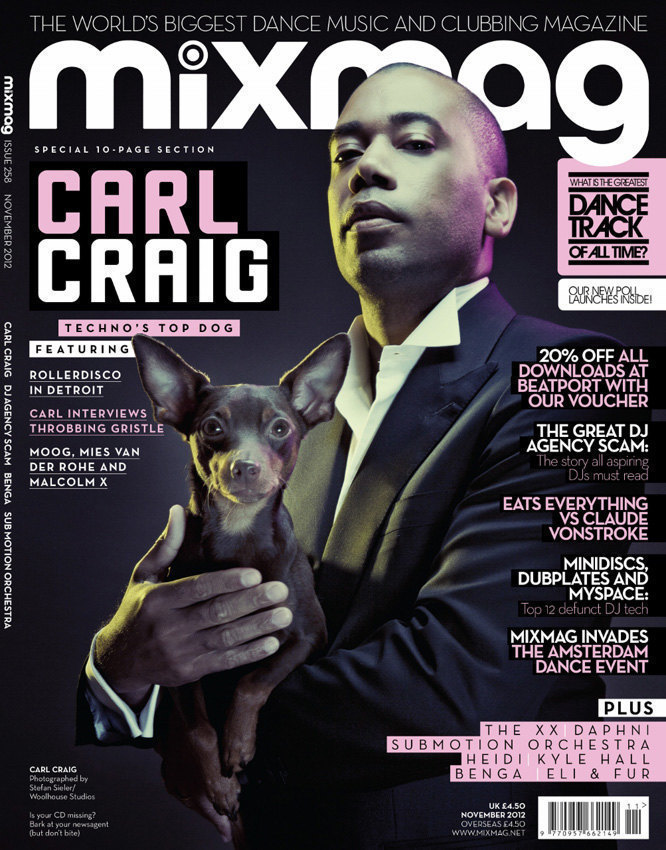
C Carl Craig
One of the key members of the ‘second wave’ of Detroit techno artists, Carl Craig is the epitome of that visionary, future-facing ethos that embodies the music. His contribution to techno has helped to shape its evolution, pushing boundaries and fusing electronic sounds with a multitude of influences from jazz to classical. His latest album ‘Versus’, demonstrates perfectly how Carl has taken techno to a whole other dimension and continues to expand his musical horizons.
See also: Carl Cox, Colin Dale, Cocoon, Charlotte De Witte


D Detroit
The Mecca, where it all started. Motor City, where a combination of economic circumstances and musical influences led to the birth of techno. It’s where The Electrifying Mojo played his eclectic selections, where Juan experimented, where the collapse of the motoring industry created unemployment and all of these factors coalesced to create just the right circumstances for a new form of music to come forth.
See also: Depeche Mode, Derrick May, Drexciya, Dave Clarke, Deutsch Amerikanische Freundschaft
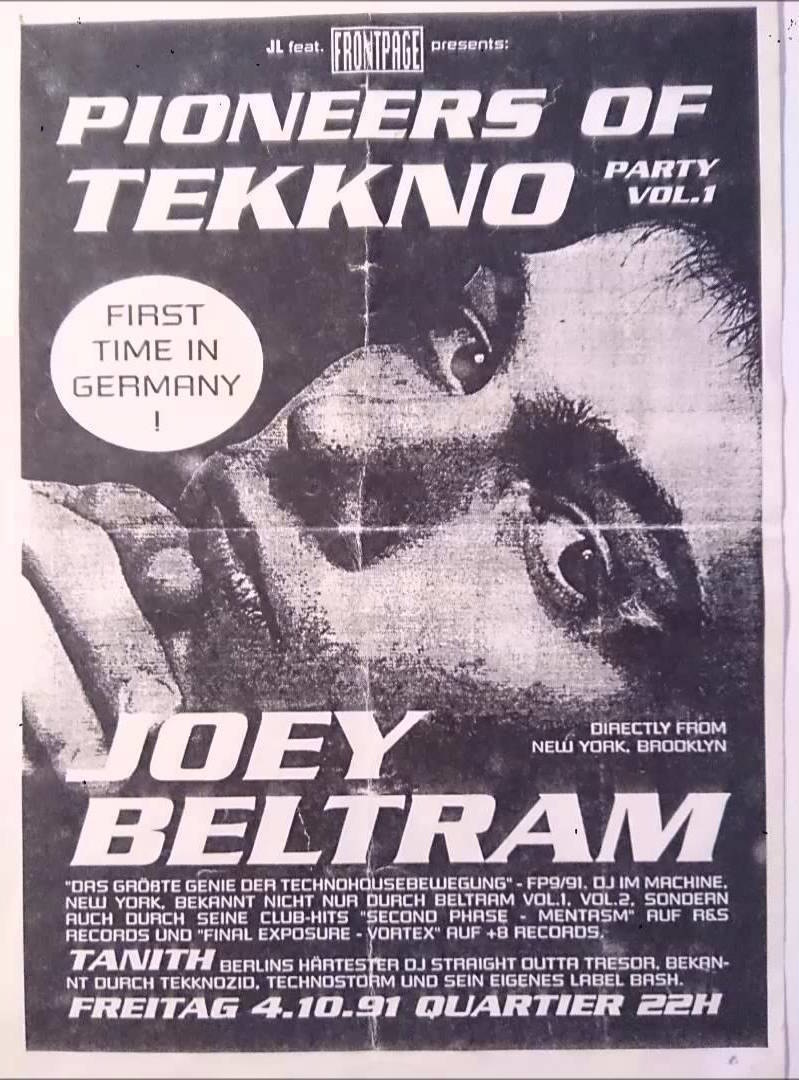
E 'Energy Flash'
A seminal track from New York legend, Joey Beltram. Funnily enough Joey thought he was making house music when he produced this killer cut. “I thought I was making house music with a different edge,” he admitted in 2001 Channel 4 documentary Pump Up The Volume: The History Of House Music. Joey’s classic was signed to R&S Records and became a hit across Europe, preceding his other monster, the hoover anthem ‘Mentasm’.
See also: Eddie ‘Flashin’ Folkes, Ellen Allien, ‘E2-E4’
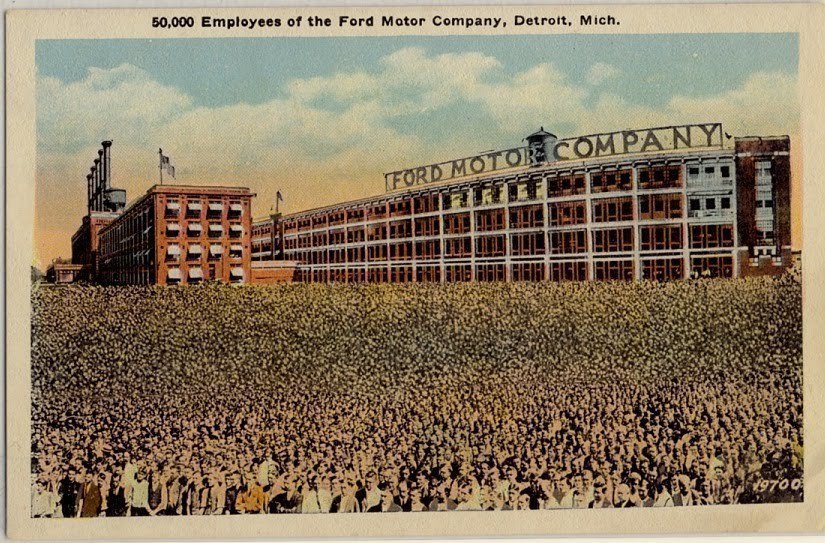
F Ford Motors
The automated machinery at the car factories is credited with being a key influence in the monotonous beats associated with techno. Repetitive beats lie at the core of techno: robotic, programmed… Ford Motors was also at the heart of Detroit’s economic decline and played a huge part in the mentality of many techno producers looking outward, to the future, to a better place and time away from the difficulties faced by an impoverished city.
See also: Funktion-One, fabric, Frankfurt
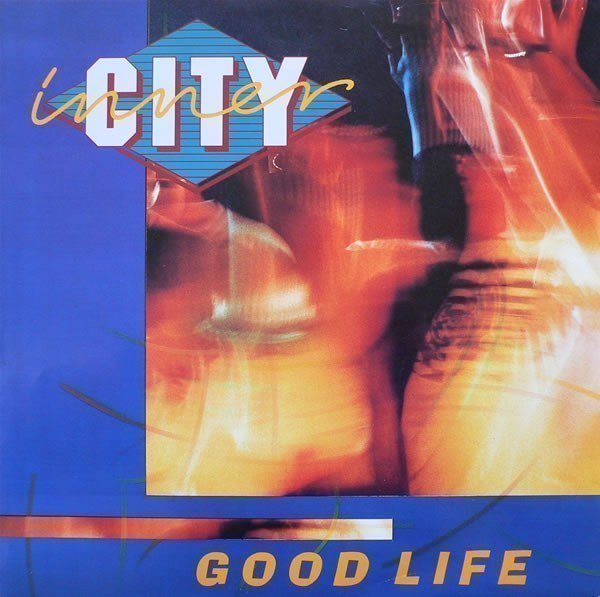
G Good Life
Techno crossed over into the charts with this all-time classic by Kevin Saunderson as Inner City (along with singer Paris Grey). The song followed on from ‘Big Fun’ and featured on their album ‘Paradise’. It reached number 4 in the UK charts in 1989 selling over 200,000 copies and remains as popular as ever. Saunderson says he was attempting to replicate the appeal of a disco classic, like the kind of song Larry Levan would have played…
See also: George Clinton, Giorgio Moroder, Gary Numan
H Hoover
When Joey Beltram unleashed the ‘hoover’ all hell broke loose. For those that don't know, we aren't talking about the daily household item by the way. The hoover is the sound of multiple oscillators spaced apart and fucked up by modulation and plenty of chorus. It's wide, manic and, most of all, fat as hell, sucking you up into it's vortex when used properly. Following on from Beltram's devastating interpretation of house music ‘Energy Flash’, ‘Mentasm’ become the perfect accompaniment – placing him at the forefront of a new wave of techno innovators (though not totally of his own choosing) and giving ravers a signature sound to nail their colours to. Both ‘Mentasm’ and Human Resource’s ‘Dominator’ used similar hoover sounds and both dropped in 1991, spawning a slew of imitators and giving birth to offshoot genres like gabber.
See also: Halle Am Berghain, Helena Hauff, Hardwax, Head High
I Industrial
Initially, techno looked to the future with a cosmic vision. The sounds and themes seemed to paint a picture of life in space, or on distant planets. But industry was also at the heart of the early influences of the sound and this was adopted by British acts like Throbbing Gristle and Cabaret Voltaire, who really honed in on the bleak, dystopian elements of techno, evolving a sound that was to be known as ‘industrial techno’. Surgeon is also a key protagonist of the industrial style, while Scottish powerhouse Perc (among others) is keeping the sound alive with his productions, and releases through his Perc Trax label.
See also: Inner City

J Jeff Mills
When it comes to visionaries, there aren’t many techno artists who come close to Jeff Mills. A technically gifted prodigy who not only pioneered his own DJ style and produced seminal classics like ‘The Bells’ but also created an entire world of his own, extended his reach outside the confines of his genre to work with orchestras and soundtrack movies, performing live across the globe and challenging traditional perceptions of electronic music to truly instil an evolutionary ethos into his musical processes. A renegade who remains staunchly dedicated to the exploration of innovation within techno and beyond.
See also: Joey Beltram, Jaydee
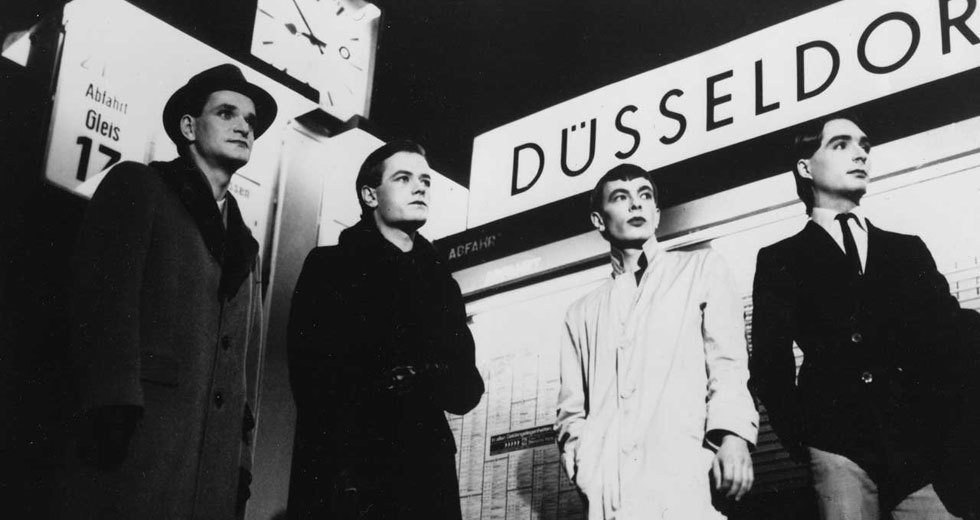
K Kraftwerk
The godfathers of techno. It’s safe to say that electronic music as we know it today would not exist were it not for the German foursome. Their dalliances with synthesiser music and their dedication to satirising their own ‘Germanness’ led to the conception of a project that was hugely influential on Juan Atkins and many of those who lived in Detroit. Kraftwerk’s electronic interpretation of James Brown spoke to Motor City and, in turn, Motor City’s Kraftwerk-inspired records went back to Europe…
See also: Kompakt Records, Knights Of The Jaguar, KMS Records
L Lost
In London, in 1991, Steve Bicknell and his partner Sheree launched seminal techno night Lost. Their love and dedication to the music resulted in lifelong relationships with luminaries such as Richie Hawtin and Jeff Mills. They had Basic Channel perform their second (and last ever) live performance and instigated a real London techno ‘scene’, which had never really existed until Lost came into being. The party became a breeding ground for techno lovers, its influence stretching out all the way up until today.
See also: Love Parade, Legowelt, LFO
M Metroplex
Taking further influence from Alvin Toffler’s cult book, Metroplex Records (which takes its name from “metrocomplex” a future word invented by Toffler) was launched to facilitate Juan Atkins’ transition from Cybotron to Model 500. The debut release was ‘No UFOs’ in 1985, followed by ‘Night Drive’ – over 30 years on it is without a doubt the most influential techno label in history, being the first of its kind and forerunner to everything that has happened between now and its birth.
See also: Maurizio, Model500, Monika Kruse, Music Institute, Mad Mike Banks, Movement Festival, Mathew Jonson
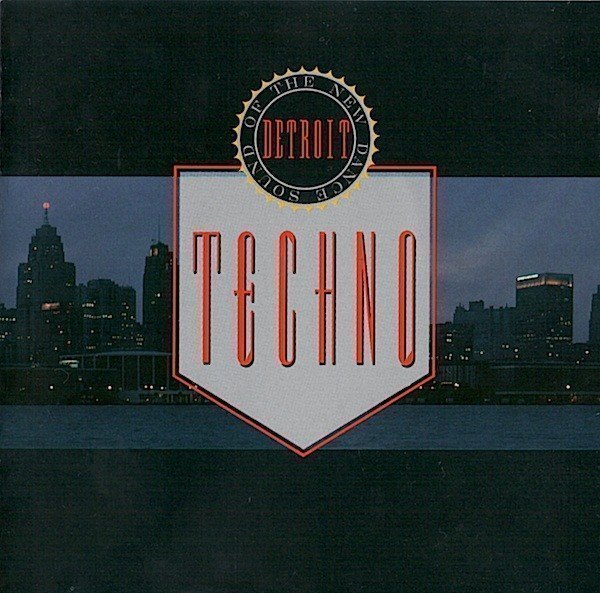
N Neil Rushton
More commonly associated with the northern soul movement, Neil Rushton’s legacy also includes the compilation ‘Techno! The New Dance Sound of Detroit’, which helped to introduce British electronic music lovers to the sounds of Motor City. Definitive for its time, though perhaps not as popular as you might imagine, it is a cult classic. The comp included Juan’s ‘Techno Music’, which is about as definitive as you can get. Other artists featured include Blake Baxter, Anthony ‘Shake’ Shakir, Kevin Saunderson and Eddie ‘Flashin’ Fowkes.
See also: Nicole Moudaber, New Order, No UFOs, Nude Photo
O Omen
Europe is where techno really flourished. There was distinct a lack of support and understanding of the music when it first appeared in the US, but Europeans seemingly ‘got it’ a lot quicker than their US cousins. In Frankfurt a club named Omen became a hub for techno enthusiasts. It was an institution that lasted for 10 years between 1988 and 1998, and became the catalyst behind the career of Sven Väth as well as pushing Germany’s techno scene forward and onto the global landscape.
See also: Ostgut Ton, Omar S, Opal Tapes, Octave One
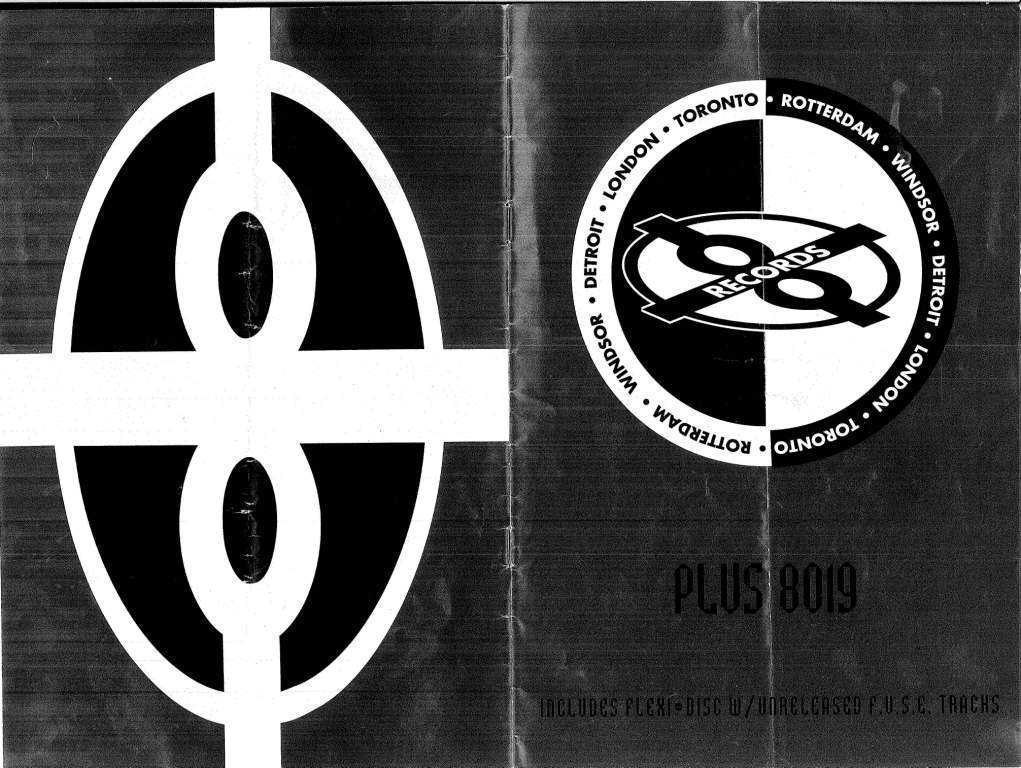
P Plus 8
Richie Hawtin and John Acquaviva’s record label is widely regarded as one of the most important outlets for techno in the 1990s. In keeping with the original ethos of the music, it was centred around innovation and a visionary outlook. A whole host of respected techno titans had their debut with Plus 8 including Daniel Bell, Kenny Larkin, Ken Ishii and Speedy J. The label played a key role in shaping the sound of a new generation, leading into the birth of M-nus, Hawtin’s seminal label which instigated a more minimal approach to the techno aesthetic.
See also: Plastikman, Peacefrog, Planet E

Q Quenum
An influential figure in the world of techno, Quenum’s long, illustrious career includes setting up Cadenza with Luciano (and producing the label’s first release – ‘Orange Mistake’). His multi-faceted past makes him one of the scene’s most interesting characters, with a childhood spent in Africa, a love of breakdancing and hip hop and time spent living in London and Geneva among the life experiences that feed into his music. A widely respected artist, he was one half of Access 58, a duo that made their mark in the late nineties with a seminal series of tribal-esque techno releases.
See also: Quantec, DJ Qu
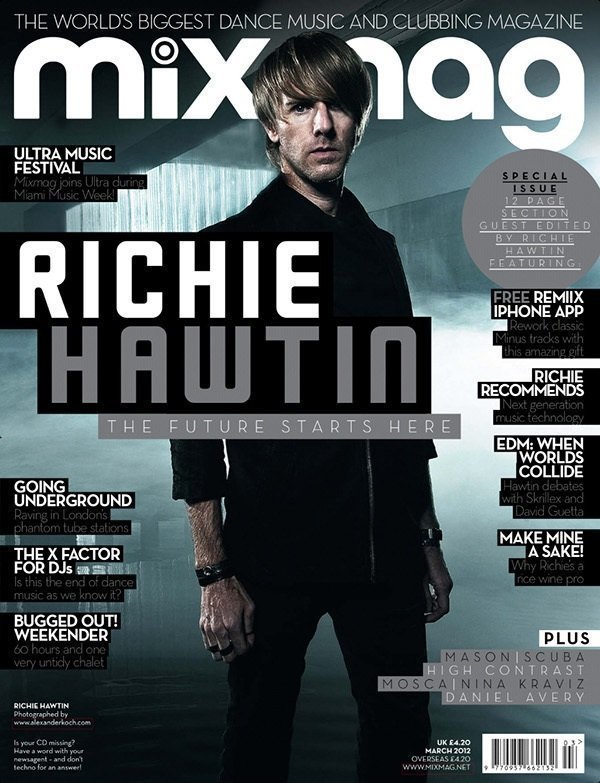
R Richie Hawtin
As the man at the head of Plus 8, M-nus Records and, nowadays, ENTER., Richie Hawtin has been a consistent force in the techno world – pushing the music, and the technology around it, into previously unexplored realms. Living in Windsor, Canada (just across the water from Detroit), Richie was able to make connections with the forefathers, while also initiating his own movement which remains one of the most respected and influential in techno. He has remained at the top of his game for over two decades and his influence on the music, and generations that came after him, is timeless.
See also: Rhythim Is Rhythim, R&S, Rephlex

S Slam
Scotland’s powerhouse duo are the kings of techno in their homeland, and are equally loved across the globe. Stuart McMillan and Orde Meikle bonded over their love of ‘alternative’ music in Glasgow; reggae, early electronic stuff, punk… anything that went against the grain, they were into it. They began DJing together and soon had their own night called Black Market, where they would play all the music they loved to a receptive audience of similarly-minded party people. From there, the only way was up and one success led to another. The release of their classic ‘Positive Education’ cemented their position as Scottish techno royalty and they have maintained their standing consistently over the last 25 years.
See also: Sharivari, Surgeon, Stacey Pullen, Steve Rachmad
T The Electrifying Mojo
There would be no techno were it not for The Electrifying Mojo aka Charles Johnson. A radio host on Detroit’s WJLB (and later WHYT), he was renowned for his eclectic selections, which had a profound influence on The Belleville Three, Carl Craig and a whole host of other Detroit innovators, as well as a huge portion of the city’s general population. He spun everything from Parliament Funkadelic, through to Prince and Depeche Mode. Among numerous accolades bestowed upon The Electrifying Mojo, he is widely credited with introducing acts like Prince and Kraftwerk to Detroit radio. He also supported early techno recordings from Juan Atkins helping to spread the sound to Detroit’s masses.
See also: Tresor, The Scene, Transmat, Tangerine Dream
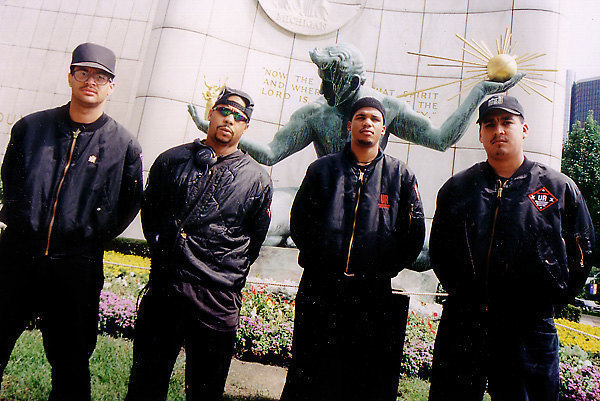
U Underground Resistance
Techno took on a militant edge when Jeff Mills, Robert Hood and ‘Mad’ Mike Banks formed an alliance under the collective name Underground Resistance. As a trio they were fearsome, raw and uncompromising, performing while wearing black masks and presenting themselves as musical activists. UR represented a protest, a protest against political-economic circumstances that rendered people from the lower classes (especially black people) powerless. UR promoted independence too, from major labels – rebelling against the commercialisation of techno, which occurred in the early nineties. The music they made reflected this hardcore ethos and introduced a new strain of no-nonsense, politically-motivated techno.
V Vamp
More R&S sickness here from Outlander, aka Belgian pioneer Marcos Salon. His experiments with electronic music and New Beat led to the creation of this almighty beast which straddles rave, breakbeat and techno. It’s a potent cut which is still as powerful today as it was when it first dropped on R&S in 1991 – a huge year for techno with ‘Energy Flash’ and ‘Dominator’ also flattening dance floors across the world.
See also: Void Acoustics, Voices From The Lake, Virginia, vacant warehouses

W Westbam
An influential figure across the board, Westbam is responsible for the first ever Mayday rave in Berlin, which took place in 1991. Touted as the biggest techno party in Germany at the time, it attracted over 5000 people and set the wheels in motion for over 30 years of Mayday raves in the German capital. Westbam has been intrinsic to techno, electronic music and DJ culture in Germany, writing two books on DJing and inspiring generations below him to take up the techno mantle.
See also: Warp records, The Wizard

X Aphex Twin
British producer Richard David James came into the techno world from a completely different angle and flipped everything on its head when he arrived on the scene. His experimental and often outlandish approach took the music into new territory as he pushed boundaries with regard to sound design and refused to stick to one particular style. His huge back catalogue veers from soothing ambient to bone crushing industrial sounds, all with a distinct fingerprint and supported by a slew of bizarre, innovative promotional techniques.
See also: X-Stacy
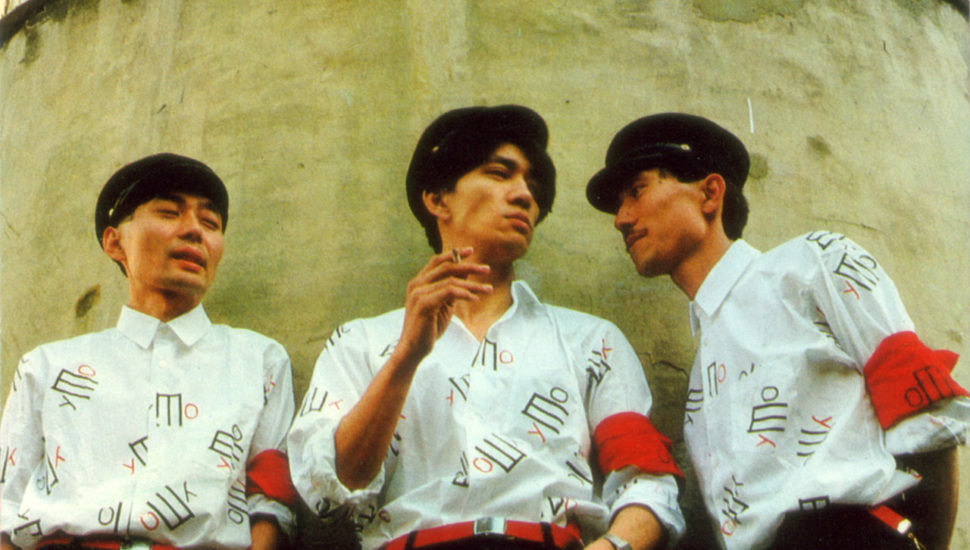
Y Yellow Magic Orchestra
This Japanese group preceded Juan and the Detroit crew by a few years. Their early forays into electronica are part of the DNA of techno, though perhaps not as obvious as Kraftwerk’s influence it’s undeniable that YMO are intrinsic to the birth of techno. They were played by The Electrifying Mojo and included on Carl Craig’s ‘Kings Of Techno’ compilation. ‘Riots In Lagos’ from YMO member Ryuichi Sakamoto’s 1980 LP ‘B-2 Unit’ is another techno ancestor.
See also: Yamaha DX7, Yoyo Paris
Z ZTT
Label owned by the mighty Trevor Horn, his wife and businesswoman Jill Sinclair and journalist Paul Morley. Founded in 1983, ZTT was a cornerstone of British music signing Frankie Goes To Hollywood, for who ‘Relax’ was a seminal hit. But what’s their relevance to techno? Well, on top of signing 808 State and supporting several early pioneers of British electronic music, they also had an interesting situation with Derrick May in 1991. May got his friends Juan Atkins and Kevin Saunderson together with the idea of starting a techno supergroup called Intelex, and ZTT were keen to snap them up – touting them as a Detroit equivalent of the Pet Shop Boys. The deal ended up falling through though, and the Intelex project subsequently fell to the wayside.
See also: ZZT
Marcus Barnes is Mixmag's Techno Editor. Follow him on Twitter


